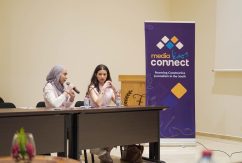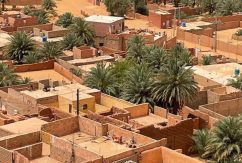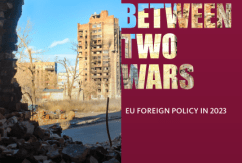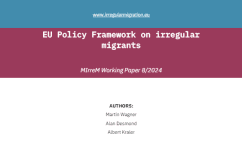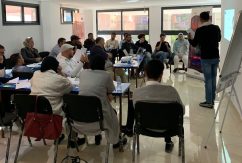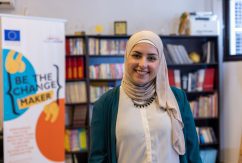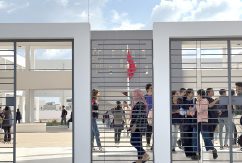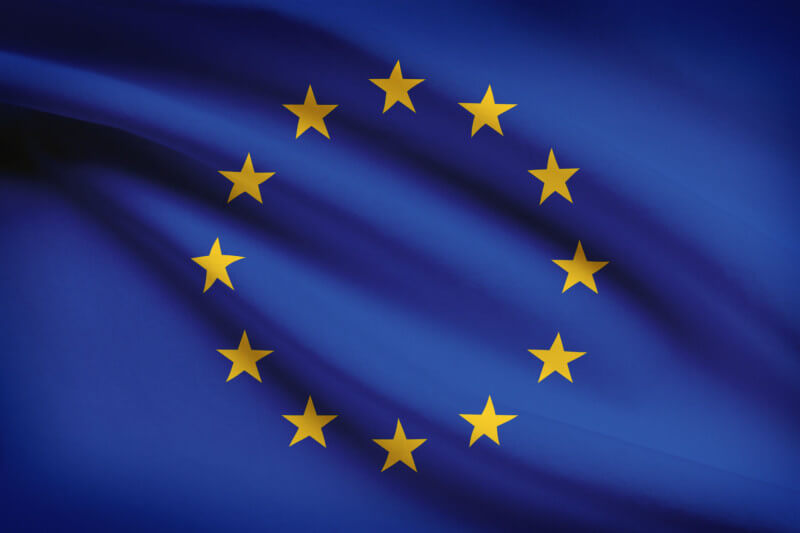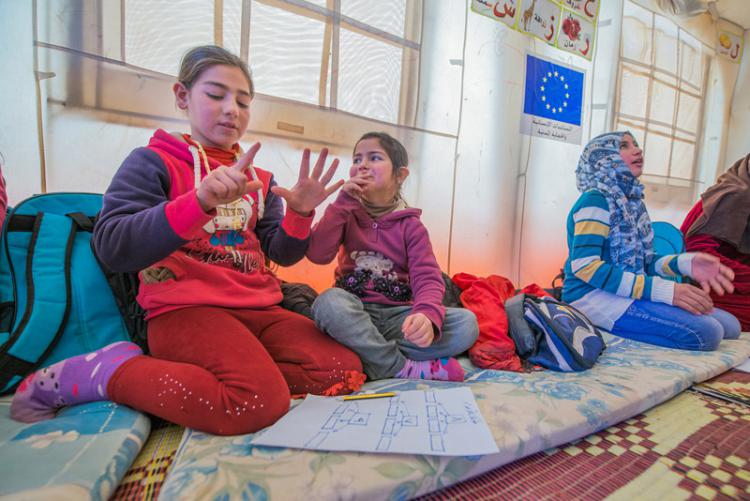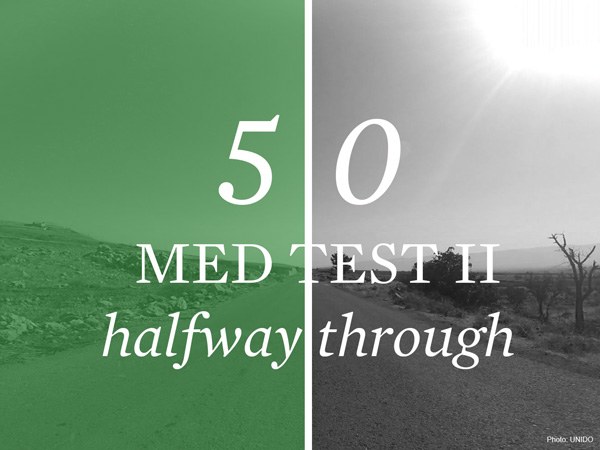EU Heads of Cooperation visit green projects in Irbid
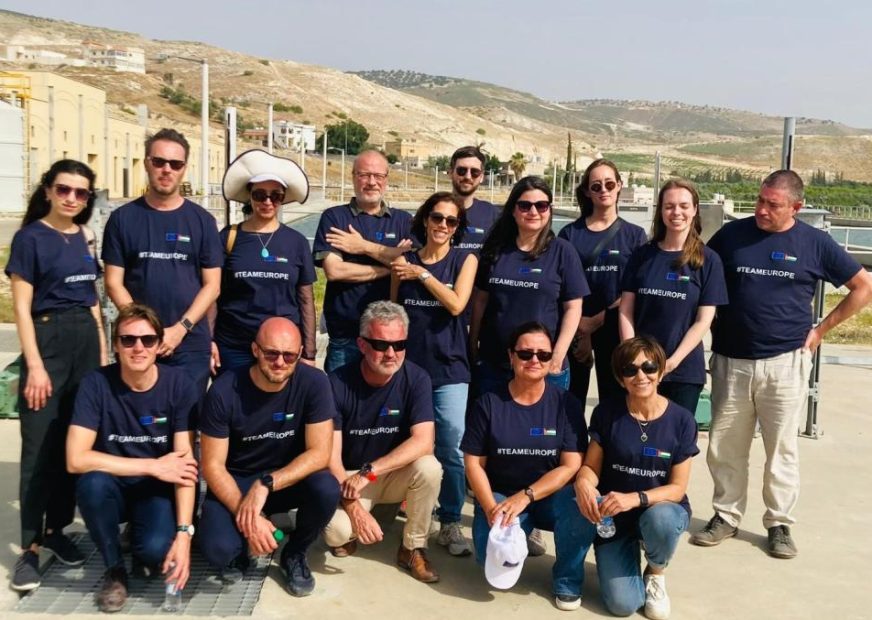

The Heads of Cooperation of the European Union and its Member States will on Wednesday take part in a one-day visit to EU-funded projects in the Governorate of Irbid.
This #TeamEurope visit will be an occasion for the nine European Union Member States participating in this trip to assess the implementation of several projects in the green economy sector, particularly solid waste management and water and sanitation.
The EU and its Member States alone are contributing more than Euro 300 million to fund ongoing projects to support the solid waste management sector, and over Euro 2.32 billion (for the period 2017-2025) to promote sustainable water management in Jordan.
“This joint mission is the second of its kind this year, which reflects the EU’s dedication to making a positive impact on the well-being of the Jordanian people, particularly by helping to improve the sector of green and circular economy, including water, which is of particular importance in a water scarce country like Jordan. We will continue to work closely with the Government of Jordan to address the various economic and social challenges facing the Kingdom,” said Patrick Lambrechts, Head of Cooperation at the EU Delegation in Jordan, on behalf of the mission.
Jordan currently generates an estimated 1 kg/person/day of waste, projected to almost double in 10 years’ time. This waste contributes to about 10% of greenhouse gases emissions and only about 7% of this waste is recycled. #TeamEurope works with the Government of Jordan to support waste management as a resource and opportunity for circular economy, by implementing projects and initiatives that aim to reduce, reuse and recycle waste.
Jordan is the second most water scarce country in the world, with increasing pressure due to the Syrian refugees influx as well as climate change. In line with the Government of Jordan’s holistic approach, the #TeamEurope supports both water supply and wastewater treatment, increasing the availability and efficient use of water in the nexus with agriculture and energy, the sector’s good governance, as well as equitable distribution for all.
For example, together with the European Investment Bank and Agence Française de Développement (AFD), the EU co-funds the Wadi Al-Arab Water System II, a water supply infrastructure investment that improves drinking water availability for the growing population in the Northern Governorates of Jordan, which witnessed a significance increase due to the large number of Syrian refugees. Currently, 1.1 million people are benefitting directly, and 800,000 indirectly, from improved water supply, including strengthened resilience to extreme droughts and climate change.
